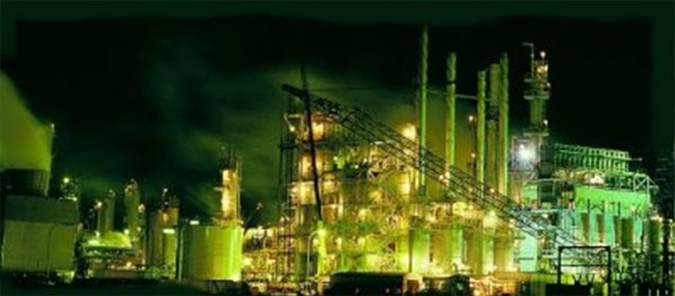 Menu
Menu
Pipeline Corrosion Inhibitor
The use of a pipeline corrosion inhibitor is common in the industry, protecting carbon steel pipelines from corrosion. The effectiveness of this treatment depends on the inhibitor's presence in the water phase and its ability to reach the pipe wall. A corrosion inhibitor must be formulated to measure the amount of active components in the oil and water phases, and to account for loss to solid surfaces. Here are some important points to consider when choosing a corrosion inhibitor.
One of the most important factors for selecting the right inhibitor for pipelines is its ability to neutralize bacteria. There are numerous bacteria that can affect the corrosive properties of pipes and other pipes. This can cause severe scale deposition and clogging of the pipeline. To prevent this, the pipeline must be protected from high levels of carbonate and calcium ions. In addition, there are ambiguities about the reliability of residual corrosion inhibitors. In addition, the kinetic hydrate inhibitor must be applied in low dosages.
Using a kinetic hydrate inhibitor can be a good choice for protecting pipelines. The slurry that forms is then evaporated to form a thin film on the internal surfaces of the pipeline. This coating protects bare metal surfaces and fills gaps and crevices. As the slurry drains away, the particles remain in the low points of the pipeline and neutralize corrosive contaminants. These features make corrosion inhibition a practical choice for most companies.

The most effective corrosion inhibitor is a scavenger that adsorbs on bare metal surfaces. Inhibitors that eliminate the harmful effects of dissolved oxygen are also excellent choices. They can prevent the onset of corrosion in the long run. This is a good alternative to expensive and hazardous dredging operations. They can reduce the number of leaks and ensure pipeline integrity. So, don't hesitate to use a scavenger in your pipeline. It will make your job easier.
In addition to scavengers, corrosion inhibitors also have several other benefits. The chemical can reduce dissolved oxygen and protect bare metal surfaces. This inhibits the formation of toxic substances inside the pipeline. It can also reduce the likelihood of a leak. This prevents oil from flowing into the environment. This prevents oil from corroding the pipe. The scavenger also eliminates the presence of oxidizing agents in the water.
It is possible to detect the presence of corrosion inhibitors in a pipeline through the use of an electrochemical test. The method involves the measurement of voltage and currents associated with the rate of corrosion. Once the inhibition has been performed, the vapor molecules will continue to decompose into a thin film that covers the pipeline's internal surfaces. The excess slurry will drain to the bottom of the pipe, while the deposited corrosion inhibitor particles will remain on the interior surface.
